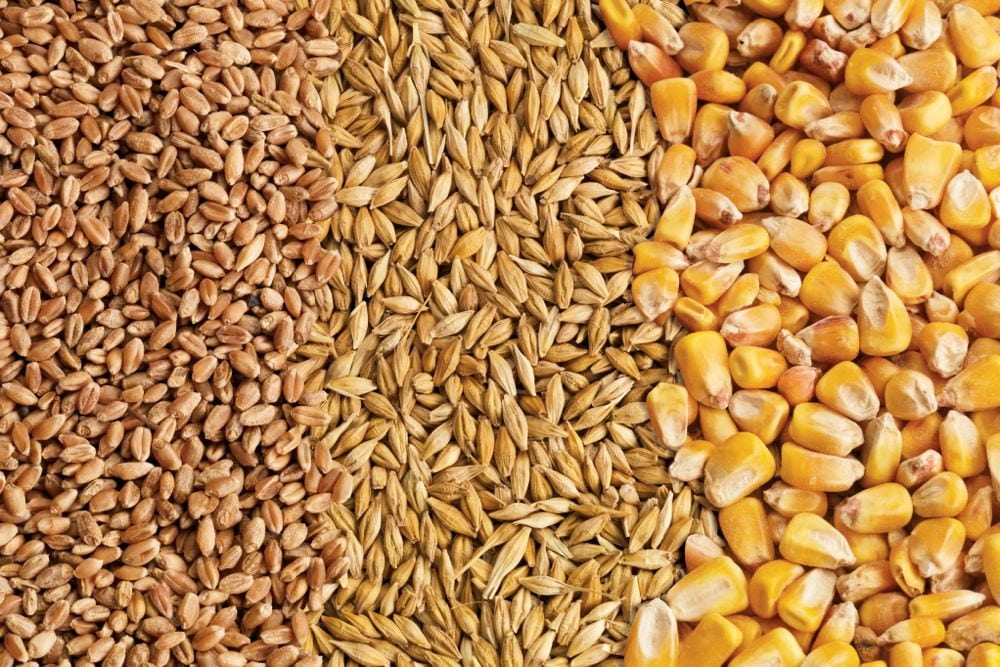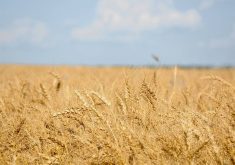(Resource News International) — Weather problems causing seeding delays to the western Canadian canola crop will likely result in better basis levels for those producers with canola to sell, especially as the futures remain stuck in a flat range and could be headed lower, according to a market analyst.
Errol Anderson, president of ProMarket Communications in Calgary, estimated that up to two million acres intended for canola were still left unseeded in Saskatchewan due to excessive moisture, which “is bullish for basis levels.”
However, the better basis levels may not necessarily mean an improvement in overall cash bids. Canola futures are a follower in the grand scheme of things, Anderson said, and the great growing prospects for the U.S. soybean crop will likely spill over to weigh on canola prices.
Read Also

Feed Grains Weekly: More consideration being given to U.S. corn
There’s beginning to be a shift within the Canadian Prairie feed market towards importing United States corn, said Darcy Haley, vice-president of Ag Value Brokers in Lethbridge.
The global economic uncertainty was also likely to cut into futures values, he said.
Basis levels in Western Canada were nearing the zero level relative to the July contract in many locations, and could move into positive territory, he said. Basis levels could move as much as $10 per tonne over the futures if the weather conditions remain a concern but futures prices move lower, he added.
The domestic crush and export demand remains stable, helping prop up the basis levels, Anderson said. However, there is some uncertainty there as well, given the global economic climate and the potential that some end-use customers could run into credit problems.
Movements in the Canadian dollar could also come to play in the cash market for canola. Anderson said the currency was more likely to weaken than to move back above parity with the U.S. dollar, which should be supportive for cash bids.
Spot prices for canola delivered to the elevator currently range from around $8 to $8.50 per bushel, according to the latest Prairie Ag Hotwire data. New-crop bids are slightly weaker, topping out around $8.36/bu.















